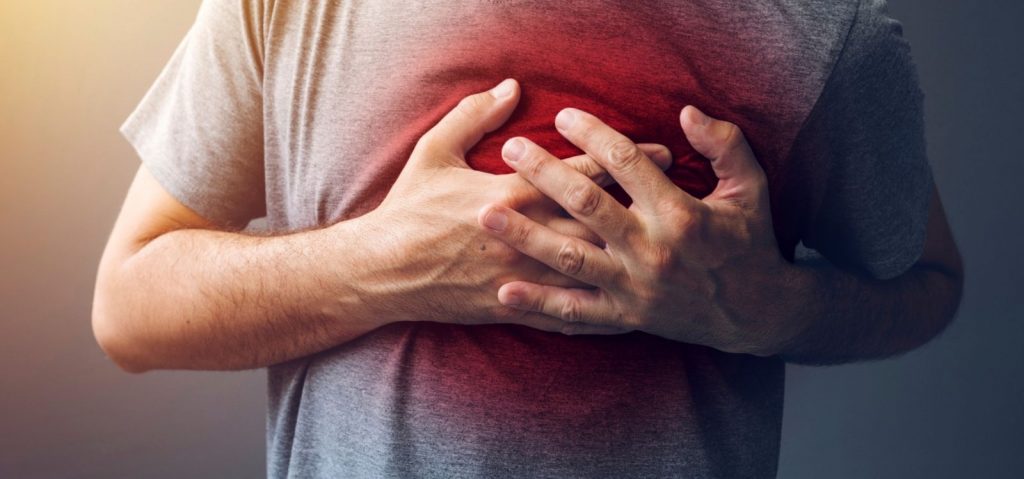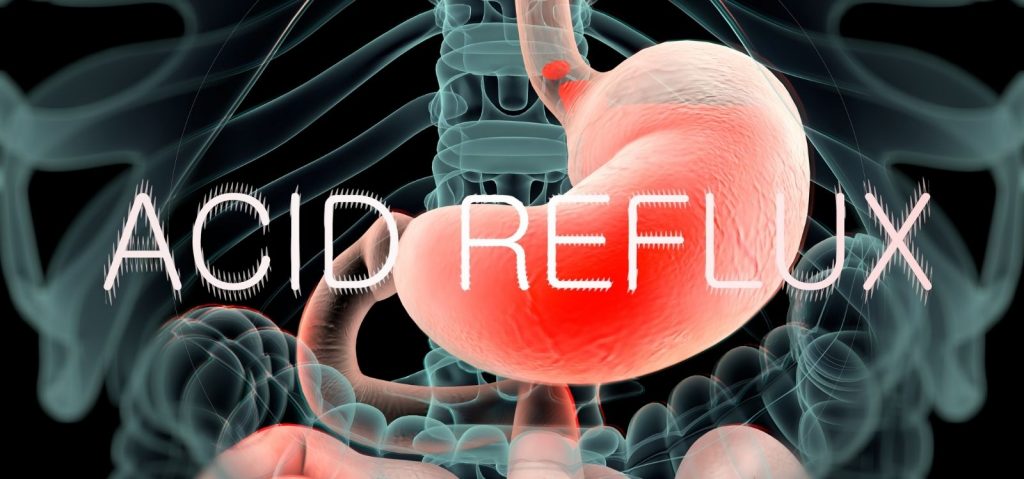Understanding the link between sleep and digestive discomfort is crucial for ensuring a restful night's rest.
Heartburn and gastric reflux, those all-too-familiar companions, can play a significant role in disrupting your sleep and overall well-being. Imagine finally settling into bed, only to be met with that fiery sensation creeping up your chest or the uncomfortable regurgitation of stomach contents.
What is Heartburn?
Heartburn is a burning sensation that rises from your stomach or lower chest up towards your throat. Occasionally it may feel like food is coming back up, and some people get an acid or bitter taste in the back of the mouth. Heartburn can last for several hours and is often worse after eating, or when lying down or bending over. Heartburn is the most common symptom of reflux.

What is Reflux?
Reflux occurs when acid in your stomach, which is there to help you digest your food, rises up into your oesophagus (the tube that connects your mouth to your stomach), causing irritation, pain and discomfort. Other symptoms of reflux include difficulty swallowing, excessive burping and regurgitation.
What causes Reflux?
Heartburn becomes more common as we age but fatty foods and large meals are common triggers. Coffee, alcohol, tomatoes, orange juice, and spicy foods can also aggravate heartburn problems in some people.
In some cases, a faulty sphincter muscle at the top of the stomach leads to heartburn. Once our food is chewed and swallowed, it is pushed down the oesophagus and through this sphincter into the stomach. Normally the contents of your stomach are prevented from moving up into your oesophagus by this ring of muscle. The muscle acts as a one-way valve, allowing food to enter your stomach but not to exit the same way. Sometimes this valve doesn't work properly, it becomes weakened and doesn't close properly, and allows stomach acid to rise up into your oesophagus, causing that uncomfortable burning feeling. When your oesophagus is exposed to the acid it may become irritated and painful.

How serious is Acid Reflux?
Most people experience reflux occasionally, but some suffer from it more regularly. If you experience heartburn or other symptoms of reflux more than twice a week, or these symptoms adversely affect your well-being, you may have gastro-oesophageal reflux disease (GORD), or Gastro-esophageal reflux disease (GERD). GORD or GERD can have a significant impact on your quality of life and may damage your oesophagus if it is not treated appropriately.
If you have GORD, refluxed stomach acid may inflame and damage the lining of your oesophagus. It is not possible to tell from your symptoms whether or not you have damage to your oesophagus. You need to see your doctor if you have troublesome symptoms or if your symptoms occur more than twice a week. If left untreated, GORD may also lead to more serious complications.
Tips for reducing reflux symptoms
Dietary
- Particular foods can make reflux and heartburn worse. These foods may differ from person to person. Try to identify and avoid the foods that make your symptoms worse.
- Foods that commonly cause increased efflux and heartburn include fatty and fried foods, spicy foods, chocolate, alcohol and caffeine.
- Avoid eating for three hours before going to bed.
- Eat smaller, more frequent meals.
Lifestyle
- Smoking can aggravate heartburn.
- Try to lose excess weight. Being overweight puts extra pressure on your stomach.
- Avoid clothing with tight waistbands, especially after meals.
- When lying down, try to keep your head higher than your stomach. Raise the head of your bed by 20 cm or use a wedge pillow to keep your head higher than your stomach.
- Try to reduce stress as much as possible.

Sleep Position
Elevating your upper body slightly while sleeping can help prevent stomach acid from flowing back into your oesophagus. Use a wedge or adjust your bed to achieve a slight incline.
Stress Reduction
Stress can exacerbate digestive issues. Engage in relaxation techniques like deep breathing, meditation, or gentle stretches to calm your mind before bedtime.
Medication
Some medications may aggravate heartburn - for example, some anti-inflammatory medications used to treat arthritis. Ask your doctor about any medications you are taking.
Heartburn and reflux can be treated with medications to neutralise or reduce the amount of acid in your stomach. This reduces the discomfort caused by refluxed stomach acid and enables the lining of your oesophagus to heal.
Alarm Symptoms
Sometimes, symptoms described as indigestion can be related to something more serious.
Mild indigestion is not often associated with something serious. But when there are other symptoms such as food getting stuck when you swallow, vomiting, severe pain, weight, reduced appetite, vomiting blood or passing blood, you should see your doctor right away.
Understanding the link between sleep and digestive discomfort is crucial for ensuring a restful night's rest. Heartburn and gastric reflux, those all-too-familiar companions, can play a significant role in disrupting your sleep and overall well-being. Imagine finally settling into bed, only to be met with that fiery sensation creeping up your chest or the uncomfortable regurgitation of stomach contents. But fear not, as this post equips you with insights on how to tackle these issues before heading to dreamland.
Do you want to learn more? Read our Frequently Asked Questions for...
Gastric reflux, also known as acid reflux or heartburn, is a common condition that occurs when stomach acid flows back into the esophagus. To deal with gastric reflux, there are several simple steps you can take.
Firstly, it's important to make some lifestyle changes. Avoiding trigger foods and drinks such as spicy or fatty meals, caffeine, and alcohol can help reduce symptoms. Eating smaller, more frequent meals and avoiding lying down immediately after eating can also be beneficial. Additionally, maintaining a healthy weight and not smoking can help alleviate gastric reflux.
Secondly, over-the-counter medications can provide relief. Antacids, which neutralize stomach acid, can be taken as needed. Proton pump inhibitors (PPIs) and H2 blockers are other options that can reduce the production of stomach acid and provide longer-lasting relief. However, it's always advisable to consult with a healthcare professional before starting any medication.
By implementing these lifestyle changes and considering appropriate medications, you can effectively manage gastric reflux and reduce its impact on your daily life. Remember, everyone's experience with gastric reflux may vary, so it's important to find what works best for you.
 0
0 0
0








